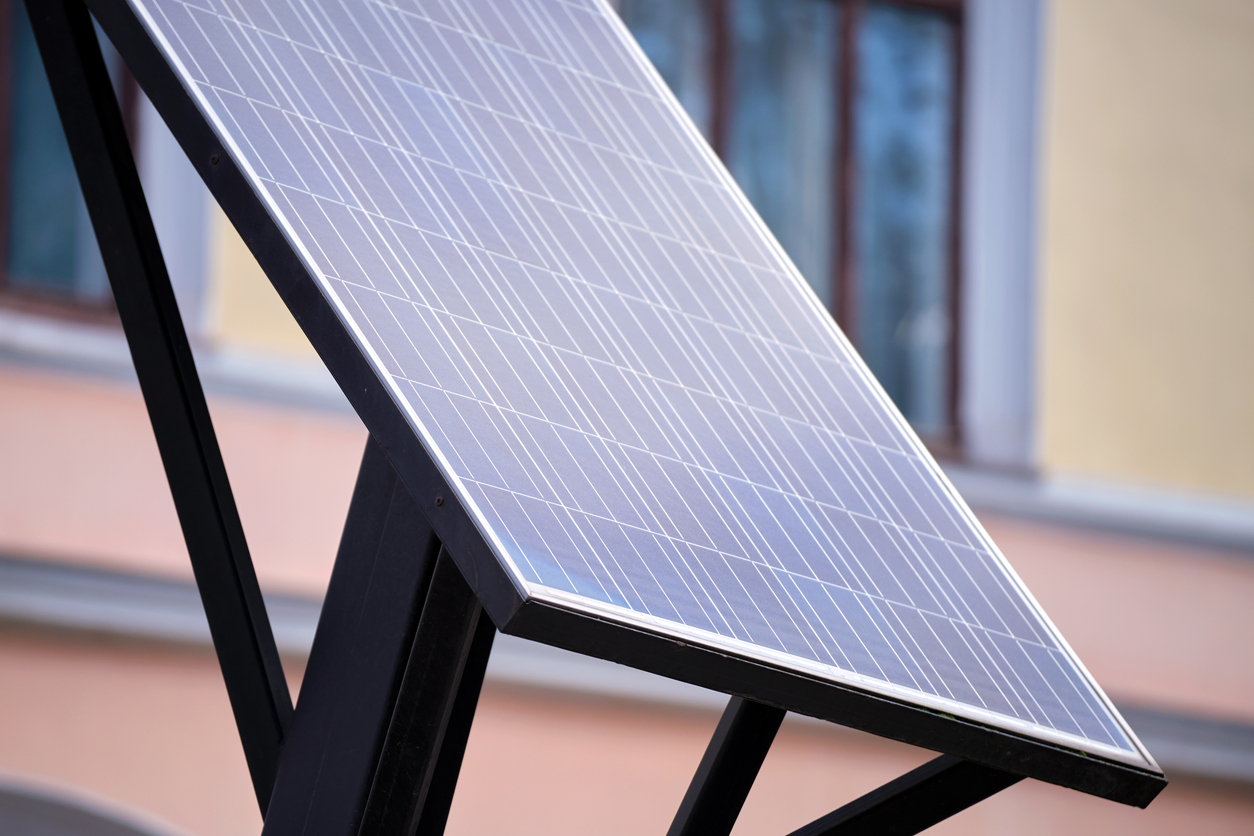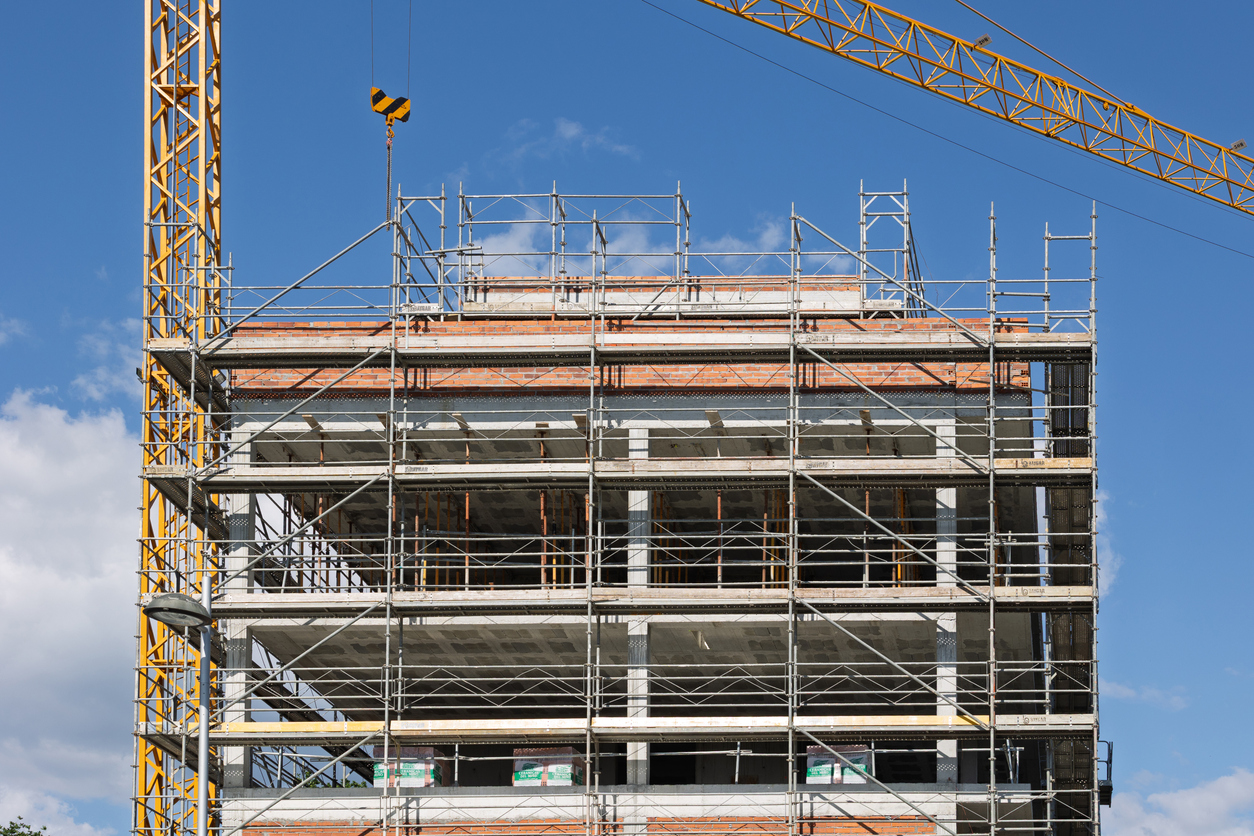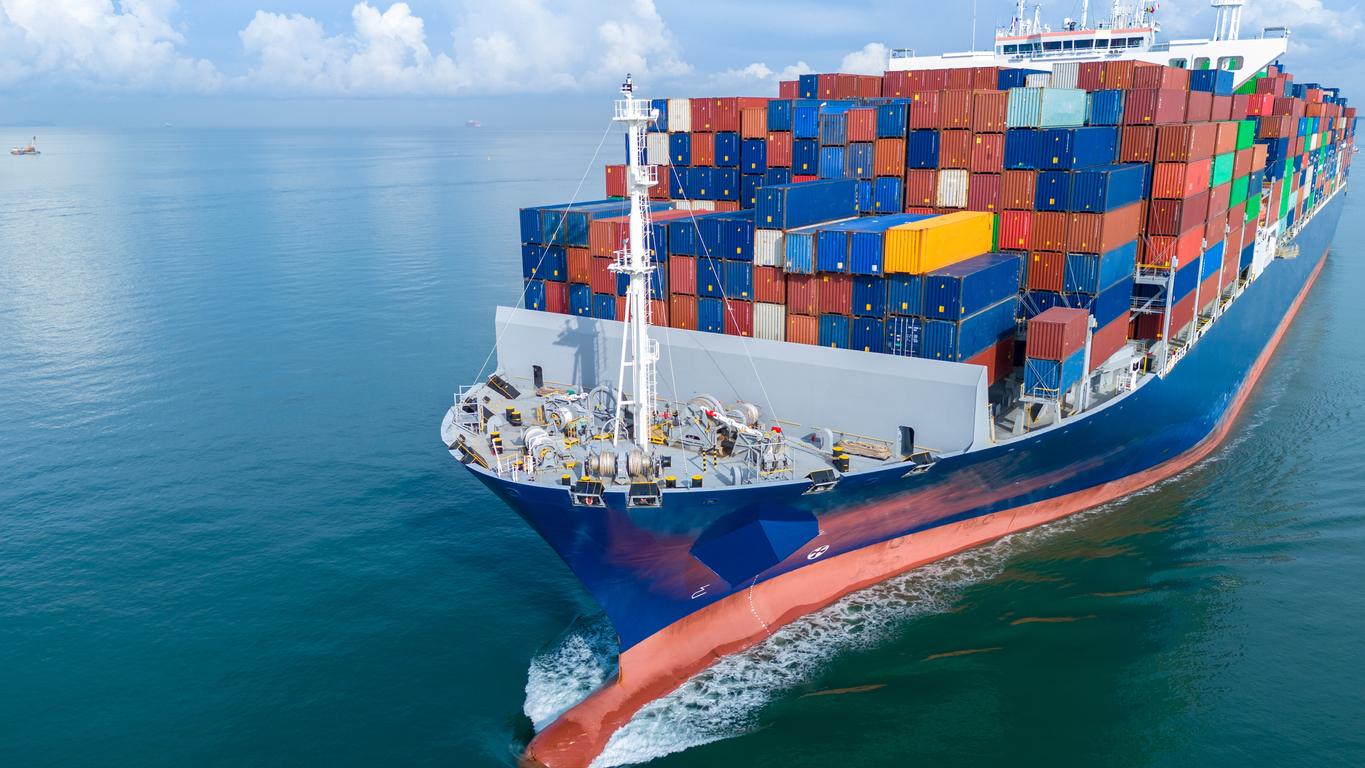The Benefits of Solar Generators in Nigeria: Why You Should Invest in One
The Benefits of Solar Generators in Nigeria: Why You Should Invest in One
With the current energy crisis in Nigeria, solar generators have become an increasingly popular option for supplying electricity to homes and businesses. Solar generators offer a reliable, clean, and cost-effective solution to the energy crisis, as they are powered by the sun’s energy, thus reducing dependence on fossil fuels. Solar generators are also easy to install and maintain and can be used in both remote and urban areas. They are also an eco-friendly alternative to traditional generators, as they do not release harmful emissions into the atmosphere. Investing in a solar generator can provide numerous benefits, such as reducing energy costs, providing power during outages, increasing energy security, and reducing your carbon footprint. All of these factors make investing in a solar generator in Nigeria a smart and sound decision.
What are Solar Generators?
A solar generator is a device that uses solar panels to convert the sun’s energy into electricity. Solar generators are ideal for producing off-grid power in remote areas that are not connected to a nearby power grid, as they do not require fuel to operate. Since solar generators operate on clean, renewable energy, they are considered an environmentally friendly alternative to diesel generators. Solar generators can be used to power homes, businesses, farms, cell towers, and other locations. They are available in several different capacities, including as a stand-alone unit or as part of a hybrid power system. Solar generators can be used to power almost all appliances, including lights, computers, water pumps, fans, refrigerators, and medical equipment. They are a reliable and cost-effective solution to the energy crisis in Nigeria, as they do not require fuel to operate and can supply power 24/7. Solar generators are cost-effective and can save you thousands of naira every year. If you currently rely on the national grid to power your home, you can reduce your energy costs by as much as 90% by installing a solar generator.
Benefits of Solar Generators in Nigeria
There are many benefits to using solar generators in Nigeria, including cost savings, reliable power, increased energy security, and reduced carbon emissions. – Cost Savings – Solar generators are an affordable solution for powering remote and off-grid locations, as the initial investment is much lower than that of setting up a grid connection. Additionally, there are no recurring fees for using solar power, unlike the fees associated with grid-based power. This means you can save money on energy costs every month and reduce your overall energy spending. – Reliable Power – Solar generators provide reliable power in all weather conditions, including during power outages. This is because they use free, unlimited solar energy to provide power, making them an ideal solution to the current energy crisis in Nigeria. Solar power is not affected by load shedding, and you can rely on it to provide power whenever you need it. Solar generators are especially useful for critical infrastructure, such as hospitals and cell towers. – Increased Energy Security – Solar generators are ideal for locations that are not connected to a nearby power grid, such as remote areas and islands. If you live in a remote area and rely on the national grid to power your home, you may experience frequent outages. Solar generators, however, are not affected by outages, as they are not connected to the grid. You can use solar generators to power critical equipment, such as refrigerators, during outages and maintain your daily schedule without interruption. – Reduced Carbon Emissions – Solar generators do not release harmful emissions into the atmosphere, unlike fossil fuel-powered generators, which can contribute to air pollution and global warming. Solar generators use clean, renewable energy from the sun and do not contribute to global warming, making them an eco-friendly alternative to traditional generators.
Types of Solar Generators Available in Nigeria
– Solar PV Systems – Solar photovoltaic (PV) systems are stand-alone, grid-tied solar generators that use solar panels to generate electricity. These systems are ideal for off-grid locations, such as rural areas and islands. They can be installed on rooftops or an open space near your home and are perfect for a wide variety of applications, including powering homes, businesses, farms, and remote locations. – Solar Thermal Systems – Solar thermal systems use solar panels to generate steam, which is then used to power generators. These systems are typically used to power large buildings, such as hospitals and data centers. Solar thermal systems are reliable and can produce a significant amount of power. They are ideal for locations that do not receive a lot of sunlight, such as cities and towns, and can be used to power critical equipment. – Hybrid Systems – Hybrid solar generators are a combination of solar and diesel systems. While they are primarily solar-powered, they can use diesel as a backup source of power. These systems are cost-effective and efficient and can be used in remote areas that do not receive a lot of sunlight and cannot be connected to the grid.
How to Choose the Right Solar Generator
When choosing a solar generator, you should consider the type of system you need, your power requirements, and your budget. – Type of System – There are two types of solar generators: stand-alone systems and grid-tied systems. A stand-alone system is an independent solar generator that is not connected to the grid. This type of system is ideal for remote locations that do not have access to the grid. A grid-tied system is connected to the grid and is used in urban areas. It is suitable for homeowners who want to reduce their reliance on the grid and produce their own electricity. – Power Requirements – Solar generators are available in several different capacities, such as 5kW, 10kW, and 15kW. You can determine the capacity you need based on your power requirements. If you are powering a large building, such as a hospital, you will need a larger capacity solar generator. You can also use several smaller generators to meet your needs. – Budget – Solar generators are cost-effective and can save you thousands of naira on energy costs. Before you purchase a solar generator, you must determine the total cost of the system, including the initial investment, maintenance costs, and energy costs. You should also consider the initial and long-term return on investment of the system.
Conclusion
Solar generators are a reliable and cost-effective solution to the energy crisis in Nigeria. They are eco-friendly and provide reliable, clean power in all weather conditions without needing fuel. Solar generators can be used to power both remote and urban areas, critical infrastructure such as hospitals and cell towers, and can provide power during outages. Solar generators are available in several different types and capacities, and you can choose the one that best suits your needs. When you choose a solar generator, you should consider the type of system you need, your power requirements, and your budget.








LEAVE A COMMENT
You must be logged in to post a comment.